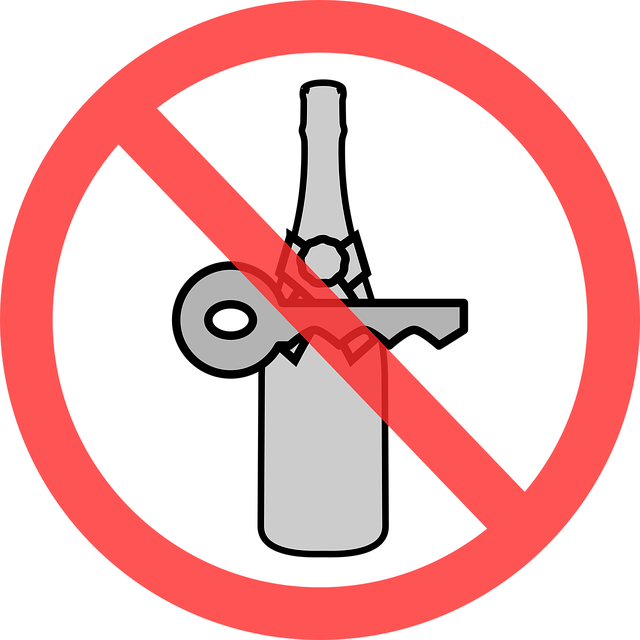Global perspectives on impaired driving inform the development of effective Youth DUI Prevention Programs. Countries vary in their approaches, from strict legal penalties to public awareness campaigns. By examining international best practices, communities can tailor interventions like educational workshops, peer support groups, and technology-driven solutions to local contexts, enhancing the impact of Youth DUI Prevention Programs. Successful programs globally integrate education, awareness, and enforcement, with Sweden's "Vision Zero" initiative and campaigns from Australia and the UK showcasing significant reductions in impaired driving fatalities among youth.
“In a world where impaired driving remains a significant road safety concern, understanding global perspectives is vital. This comprehensive overview explores how different countries tackle youth DUI (drunk or drugged driving under age 21) prevention, highlighting successful programs and strategies. From stringent laws to innovative community initiatives, each region offers unique insights. By examining these global approaches, we aim to inspire and guide local efforts in combating impaired driving, with a special focus on Youth DUI Prevention Programs.”
- Understanding Global Perspectives on Impaired Driving: A Comprehensive Overview
- Youth DUI Prevention Programs: Strategies and Success Stories from Around the World
Understanding Global Perspectives on Impaired Driving: A Comprehensive Overview

Understanding global perspectives on impaired driving is crucial for developing effective strategies in youth DUI prevention programs. Different countries have unique cultural and legal frameworks that shape their approach to this issue. For instance, while many nations strictly enforce blood alcohol limits and impose severe penalties for drunk driving, others focus more on public awareness campaigns and rehabilitation initiatives.
This global diversity highlights the importance of tailoring youth DUI prevention programs to local contexts. By examining international best practices, communities can create tailored interventions that resonate with their populations. Incorporating successful strategies from around the world—such as educational workshops, peer support groups, and innovative technology-driven solutions—can enhance the impact of local youth DUI prevention efforts.
Youth DUI Prevention Programs: Strategies and Success Stories from Around the World

Many countries have implemented innovative Youth DUI Prevention Programs to combat impaired driving among young people, recognizing that this demographic is particularly vulnerable to making risky decisions behind the wheel. These programs often combine education, awareness campaigns, and stringent enforcement to reduce underage drinking and driving. For instance, Sweden’s “Vision Zero” initiative has achieved remarkable success by focusing on road safety culture, including strict laws, public education, and community involvement. This holistic approach has led to a significant decrease in traffic fatalities, offering a compelling model for other nations.
Internationally, programs like the “Drive, Drink, Sleep” campaign in Australia have targeted young people with creative messaging, emphasizing the consequences of impaired driving on their future. By utilizing social media and peer influence strategies, these campaigns engage youth in a way that resonates with their peers. The UK’s “Think! Road Safety” program takes a similar approach, employing high-profile celebrities to deliver powerful anti-drunk driving messages tailored to young adults. These global initiatives demonstrate that by adapting strategies to local cultures and leveraging community engagement, Youth DUI Prevention Programs can be effective in reducing impaired driving among youth while saving lives.
Global perspectives on impaired driving highlight the urgent need for comprehensive solutions, especially when it comes to Youth DUI Prevention Programs. By learning from successful strategies implemented worldwide, we can enhance efforts to combat this pressing issue. Further research and international collaboration are essential to adapt and expand proven approaches, ultimately reducing the devastating impact of drunk and impaired driving on communities globally.






